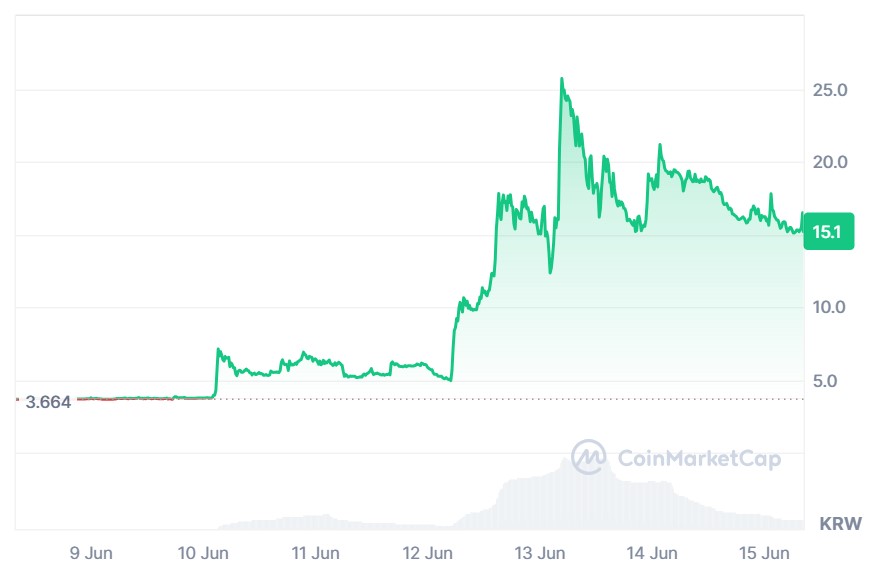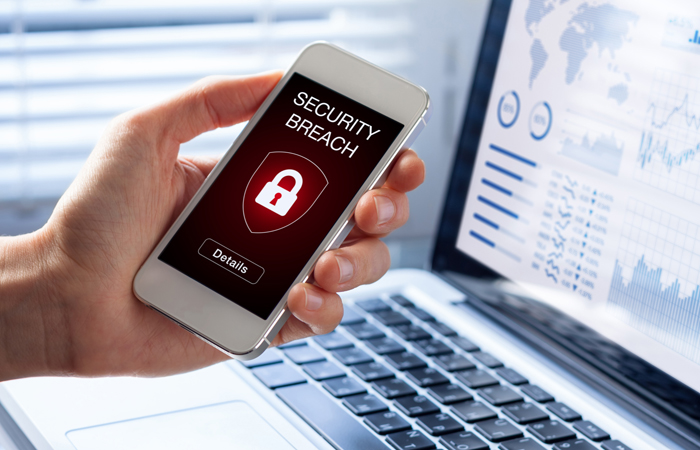Reducing employee burnout is a big topic across corporate America, but HR leaders also need to take a hard look in the mirror and recognize whether you too are also succumbing to burnout as well.
There is a good chance that you are.
It turns out that HR leaders rank the highest among other professionals when it comes to two key burnout metrics. One is they are substantially more likely than others to be at risk of leaving their current employer in the next 12 months. The other metric is 37% of HR leaders have trouble balancing their work and home life, according to a survey of 1,300 HR leaders, business leaders, knowledge workers and frontline workers across the globe.
So, how do you catch signs burnout is creeping into your life?
Related: How HR leaders can mitigate burnout and engage today’s workforce
Ways to identify if you’re suffering
“There are a lot of hazardous we encounter every day,” says Allessandria Polizzi, CEO and founder of Verdant Consulting, a consulting firm on building resiliency and avoiding burnout.
Polizzi, who presented a session on “HR Burnout: How to Care for Yourself as You’re Caring for Employees” at the Health & Benefits Leadership Conference, says HR executives are highly susceptible to burnout due to a number of factors.
Those factors include a feeling that HR is of low importance, a lack of appreciation, being in a unique position to hear the problems employees are facing, and a lack of a community to vent to or discuss sensitive issues with.
Three signs to look for that you are beginning to experience burnout include emotional or physical exhaustion, cynicism, and deteriorating cognition, says Polizzi, a former HR executive who underwent burnout herself and learned from that experience to research the subject and launch her consulting firm.
Related: Burnout and resignations are rampant in HR. What leaders need to know
Hazards that contribute to burnout for HR leaders
There are five hazards that can lead to burnout, Polizzi says, some of which she experienced personally.
Increasing complexity in the HR function and decreasing clarity with where your HR role starts and stops is one of the five burnout hazards, she says.
Trauma exposure is another hazard. This can come from vicarious or secondary trauma, which is the result of listening to the trauma of others. The best action to take is be aware that this trauma exposure can happen and allow yourself time to recover following the interaction, Polizzi advises.
“It’s not that we don’t want to do this work and be there for others, but we diminish the impact of this on our mental health,” Polizzi says.
Masking or hiding your personal self to gain social and professional acceptance can also lead to stress, which in turn can fuel burnout, she warns. Meetings are often a common environment where masking occurs, so take time after the meeting to recover, she notes.
Toxin handling is a situation where HR leaders face difficult conversations or encounters, such as an employee is unhappy certain benefits are no longer available to them.
“We need to balance the toxin we absorb and make sure we recover from it afterward,” Polizzi says. “You need to pay attention to what you need as well.”
Loneliness is another hazard that HR leaders face, especially CHROs. It’s a situation that many CEOs face as well.
“You can’t talk about half the things we do and have no one to vent to,” explains Polizzi. “There have been studies on loneliness within HR.”
8 ways HR leaders can minimize burnout
Despite these hazards, there are three steps HR leaders can take to overcome burnout.
- Practice acceptance. Accept what you can change and what you can’t change, she says, acknowledging it can be a difficult practice to follow.
- Be intentional and thoughtful about how you want to spend your time. She notes just spending 15 minutes each day with self-reflection on how you are feeling today and think you will be feeling tomorrow can result in a 25% improvement with your wellbeing.
- Sticking to your values can also reduce the internal conflict that would develop within, which could lead to emotional exhaustion and burnout.
- Self compassion is also key to avoiding burnout. Polizzi advises HR leaders to talk to themselves like they are speaking to a best friend. For example, give yourself the same grace if a friend called you with the same situation you are facing and think how you would respond to them should be the same you would do for yourself
- Establish healthy boundaries and recognize it is ok to say “no.” “This a muscle we have to build and reinforce,” says Polizzi, who acknowledges this is also difficult for her to do.
- Take up space, meaning recognize you and HR are not a cost center. Without you, the people sitting at the table and viewing you as a cost center cannot be successful, because they depend on you to help the people that help make the business possible and successful, Polizzi says.
- Get the support when you need it and don’t be afraid to ask for help.
- Take care of the basics in self-care, such as making sure you drink water, get up and walk around when working.
Above all else, Polizzi says, “Speak to yourself with kindness. It can be transformational.”
Credit: Source link











